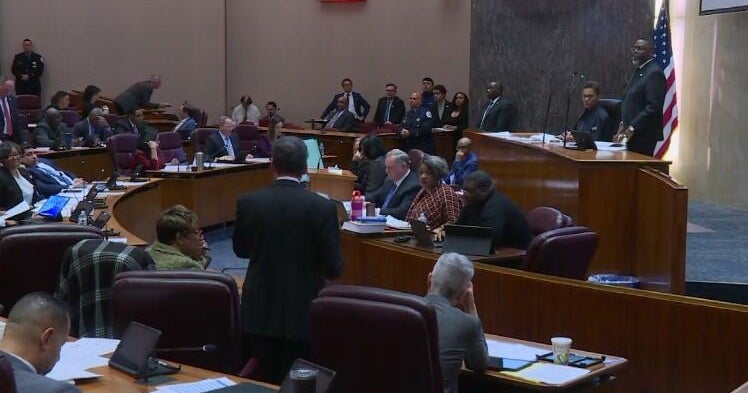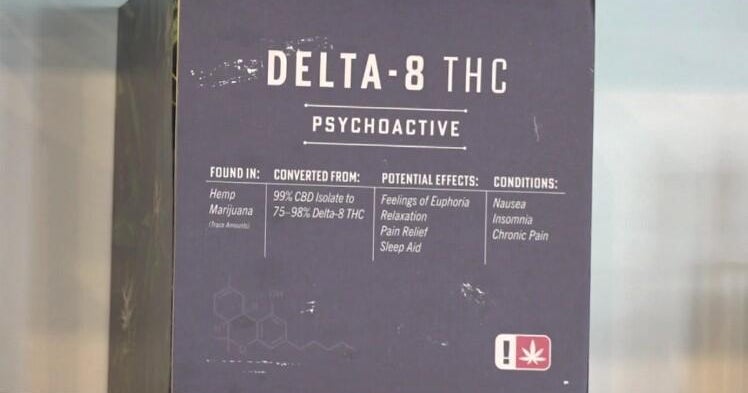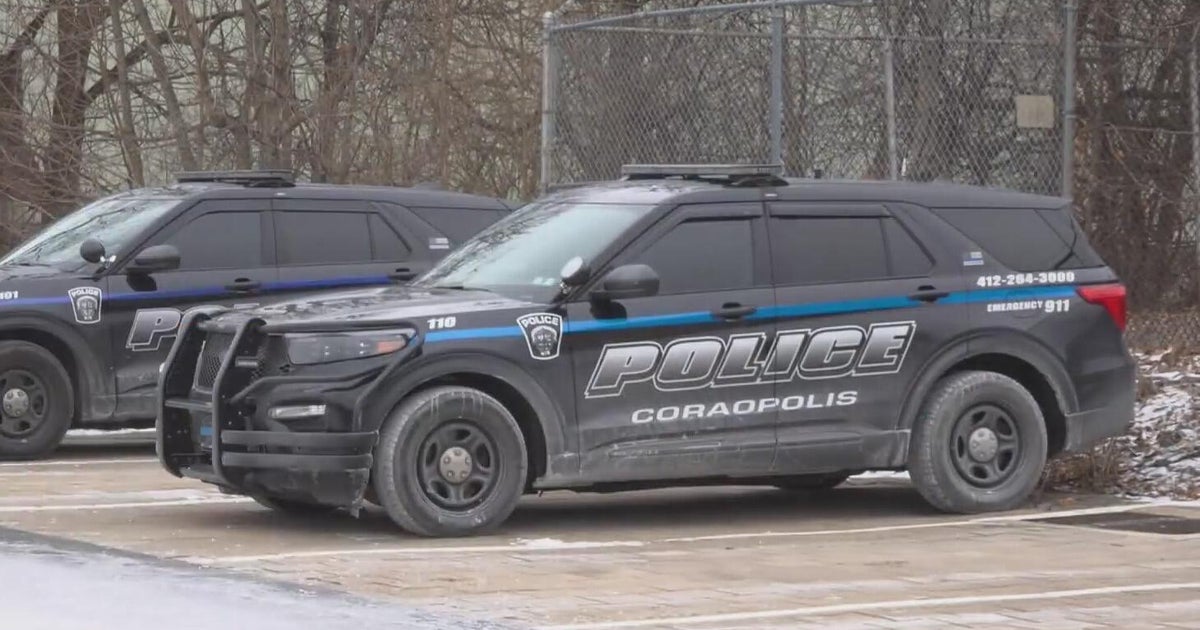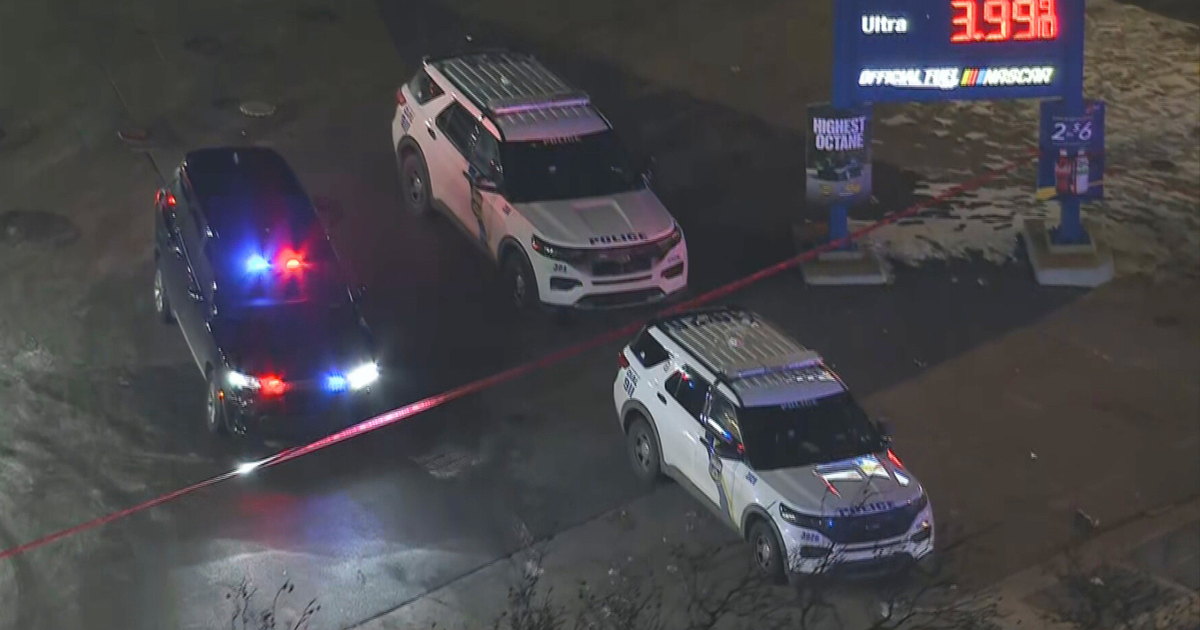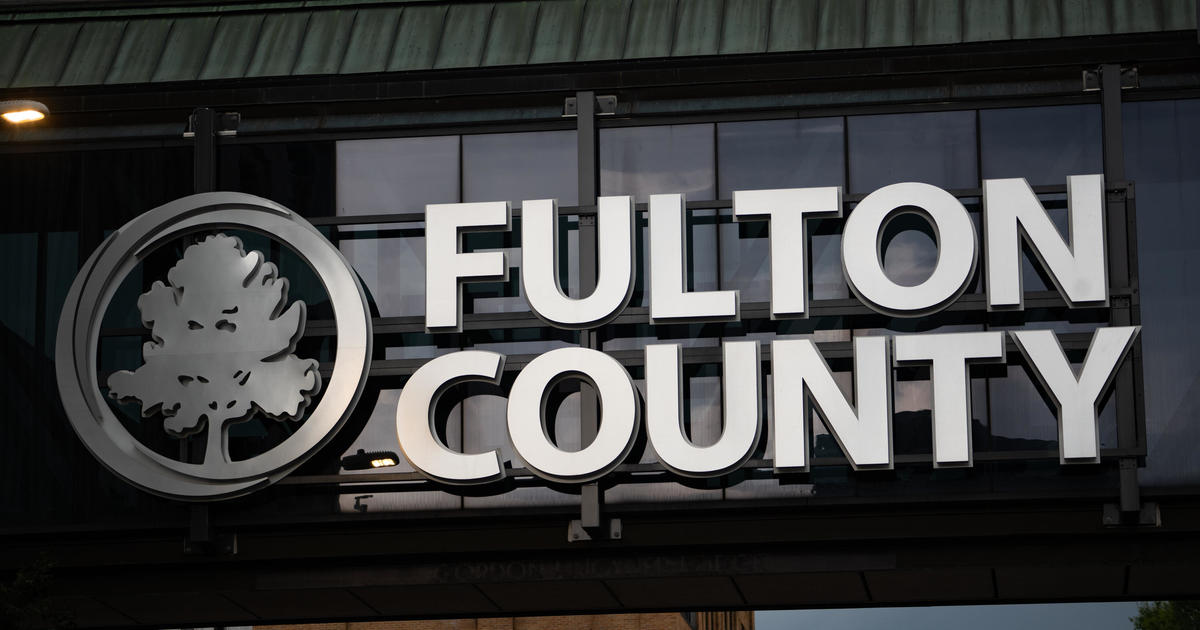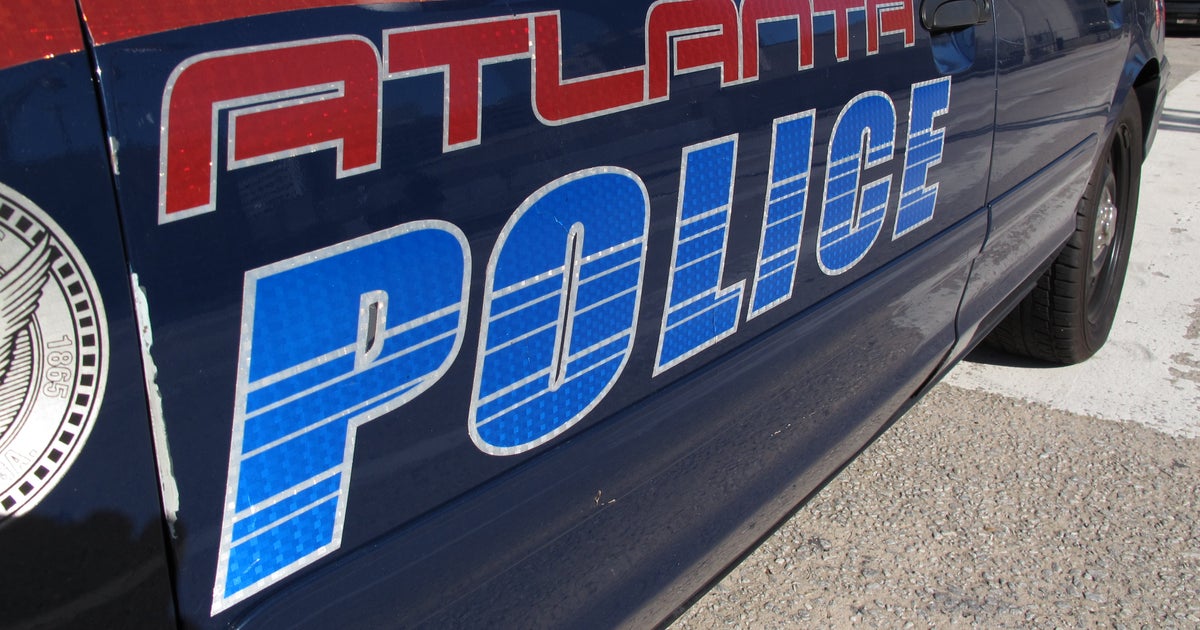Chicago curfew vote by city council postponed as Ald. Brian Hopkins abruptly changes plan
A potential Chicago City Council showdown on how to address the issue of teen takeovers that sometimes turn violent was averted on Wednesday, after a downtown alderman said he's negotiating with the mayor's office on a compromise to overhaul the city's teen curfew law.
Ald. Brian Hopkins (2nd) originally planned to force a vote Wednesday on a proposal to move the curfew for teens in the downtown area from 10 p.m. to 8 p.m., despite opposition from Mayor Brandon Johnson, who has objected to a separate curfew for downtown from the rest of the city.
Instead, before Wednesday's meeting, Hopkins informed his City Council colleagues that he might have found a workable middle ground with the mayor and the Chicago Police Department.
When Hopkins pitched an earlier curfew to curb teen takeovers in his ward, in the wake of two incidents that ended in shootings, his phone started to ring.
"Several of my colleagues in outlying areas came to me and said, 'You know, we need a curfew too,'" Hopkins said.
Momentum built, but the mayor pushed back, arguing ward-specific early curfews would simply shift problems to other neighborhoods.
The dispute set up a potential showdown during Wednesday's council meeting, but it was avoided at the last minute as Hopkins began getting signatures for a new curfew tool he likes, developed with the help of CPD.
Details need to be worked out on the potential compromise before a possible vote next month, but the deal would allow Police Supt. Larry Snelling or individual district commanders to activate earlier curfews in real time as situations change.
"It could be it's in effect from 6 p.m. to midnight, and then of course at midnight, if the situation's ongoing, you get to extend it. You have that authority. So it's designed to respond to the conditions on the street," Hopkins said.
Ald. Bill Conway (34th), a former prosecutor, said police would have to show probable cause that a targeted curfew is needed for public safety.
If passed, it would be usable city-wide, but critics are concerned it could be misused.
Ald Andre Vasquez (40th) argued such targeted curfews "could potentially lead to profiling and lead to limitations of people just exercising their freedoms of speech."
ACLU of Illinois spokesman Ed Yohnka said the targeted curfew approach "is like saying the police can suddenly change the speed zone in a particular area without notifying anybody, and then just start issuing tickets."
Yohnka said one question alders need to answer before green-lighting Hopkins' compromise curfew plan – do curfews actually curb teen takeovers?
And another: "Do they really want to turn over to the police the power to sort of just enforce a measure in a standardless way?"
After Wednesday's meeting, while not endorsing Hopkins' new plan, said he likes its approach better than an earlier curfew just for downtown Chicago.
"This is clearly the step in the right direction, as more voices and stakeholders get to play a part in the development of a solution."
Vasquez, a critic of the new plan, asked where are officers restrained now that a curfew would help?
If teens are blocking the street or breaking in somewhere, officers already have the authority to step in.
Hopkins' new plan will be presented to the Public Safety Committee he chairs in the coming weeks before a possible vote by the full council next month.
Chicago police released a statement regarding the new plan, writing, "The Chicago Police Department works closely with partners across all levels of government to address public safety in our city. We have been working with members of City Council to discuss safety around large gatherings and potential solutions that will strengthen safety when these gatherings occur."

